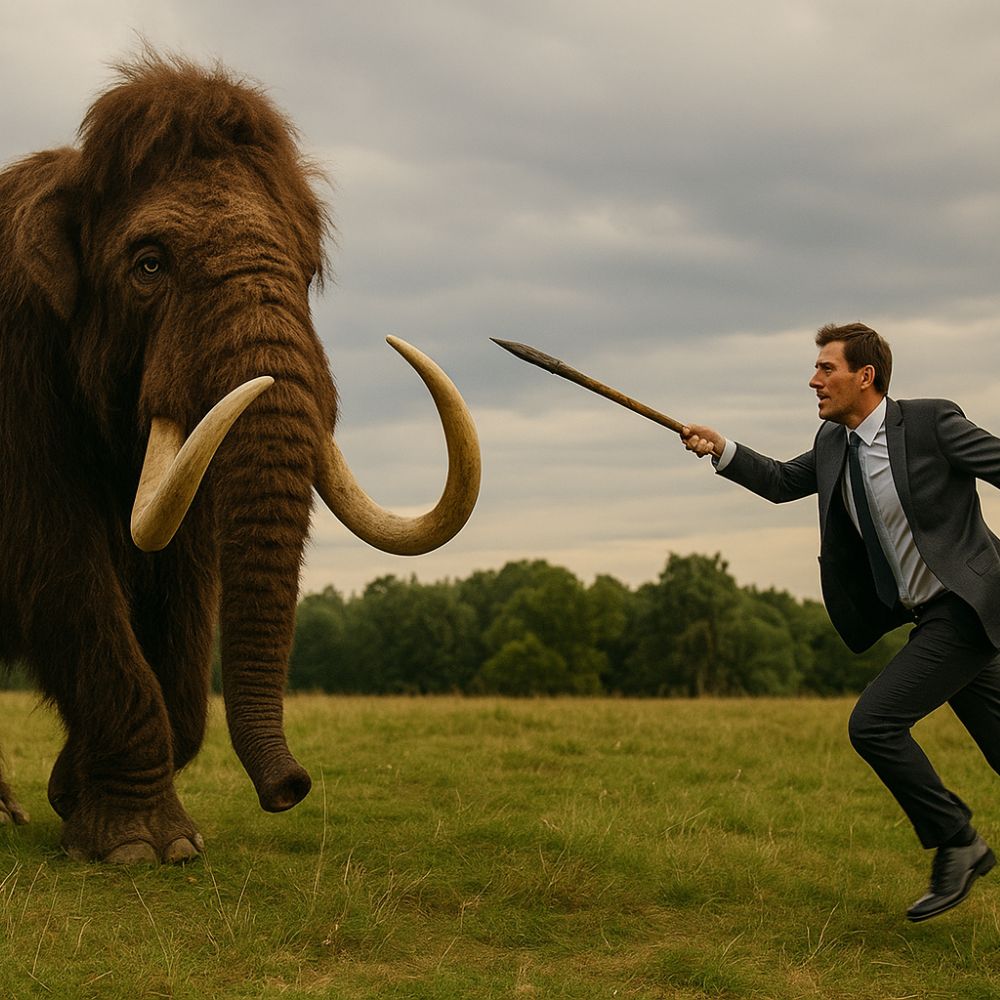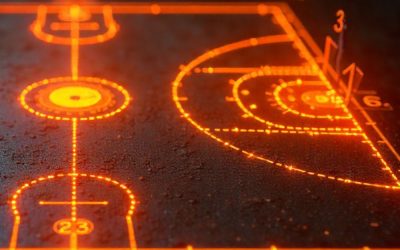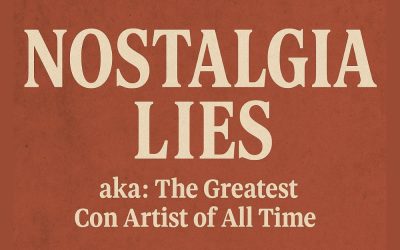Have you ever noticed that everybody these days seems to be either thriving or surviving — with very little in between? My feed is currently bursting with competing advice on how to be happier, more productive, and spiritually aligned before 6:00 a.m. Some swear by ice baths. Others by gratitude journaling. One person even claims that chanting to a houseplant changed his life. (The plant looked unimpressed.)
It got me wondering: if enjoying life is supposedly natural — why do we need all this external motivation? Has modern life become so overwhelming that we’ve forgotten how to simply be? Or is this just another cycle of existence — more emails, fewer sabre-toothed tigers?
A Brief History of Enjoyment vs. Survival
Let’s time-travel for a moment. Back to a time when humans didn’t argue about Mac vs. PC, but rather rock vs. slightly sharper rock. I highly doubt that Og the Caveman looked deep into the sunrise and pondered, “Am I fulfilled, really?” His main concerns were likely:
- Don’t get eaten.
- Find food.
- Create small humans to carry on the fire.
Today’s stresses may not involve outrunning a predator — but how different is our modern survival?
Job done.
There were no TikTok challenges, no quarterly performance reviews, no inspirational memes saying, “Live. Laugh. Lava.” Yet somehow, we imagine ancient life as simpler and purer. But was it actually more fun?
Today’s stresses may not involve outrunning a predator — but how different is our modern survival? We still fight, scrape, and hustle — not for shelter and firewood, but for Wi-Fi, rent, validation, and a magical thing called “work-life balance” (which often means working just enough to afford to keep living).
The Psychology of Happiness: Are We Wired to Complain?
According to psychologist Martin Seligman, founder of positive psychology, humans aren’t naturally wired for happiness… we’re wired to watch out for bad things. Our brains evolved under threat. One misstep and — wham — your neighbour Blurg has become tomorrow’s bear snack. So naturally, our brains tuned themselves to look for danger. Today, that “danger” is paying rent, getting ghosted, or someone using the last of the oat milk.
A 2023 study by the World Happiness Report showed that people in their mid-to-late 30s report the lowest life satisfaction — precisely when society expects us to be building careers, buying homes, and generally “figuring life out.” Meanwhile, data suggests both people under 25 and over 65 rate themselves as significantly happier.
Maybe survival is enough sometimes. Yet we still chase extraordinary happiness like it’s a product we can download.
Welcome to the Hustle Era (Population: Everyone)
The pressure to “enjoy life” has never been higher. In fact, there’s an entirely new pressure to prove that you’re enjoying life. Did you really go on holiday if you didn’t document it under 78 Instagram stories? And if your brunch doesn’t look aesthetically like it was served by a Michelin-star monk in the Himalayas, are you even living your best life?
All this begs the question: did cavemen have side hustles? Perhaps not in the way we do — selling discount teeth-whitening kits on TikTok — but survival was a full-time gig. Crafting tools? That’s kind of like early-stage product development. Trading meat for berries? That’s basically ecommerce. It seems humans have always hustled. Now we do it with slightly better dental care.

The Cost-of-Living Catastrophe vs The Woolly Mammoth
Let’s be honest: these days it’s not lions and tigers and bears we fear — it’s:
- The word “Inflation.”
- Interest rate hikes.
- Someone saying “We need to jump on a quick Zoom.”
Have we mistaken convenience for joy?
Financial stress has become so normal that we wear it like a badge: “Look how busy I am!” But economically speaking, stress is at an all-time high. Studies show that over 62% of millennials feel more pressure about “just surviving” than any generation before. Even basic things like groceries feel like an assault on the wallet. (Is lettuce now a luxury item?)
The Philosophy of Purpose: Why Are We Here Again?
Philosophers from Aristotle to Camus have argued that humans seek meaning — not just survival. Aristotle suggested eudaimonia — “flourishing” — as the highest form of living. Camus, on the other hand, said life was absurd and we must find joy in pushing our metaphorical boulder up a hill, Sisyphus-style.
Ask Yourself Before Another Monday Hits Like A Truck:
- Are you waiting for life to begin… or quietly making it bearable?
- Do you actually need more “happiness”… or less pressure to be happy?
- What would “thriving” look like to you — personally — if nobody else saw it?
- Have we turned enjoying life into another task on the to-do list?
So What Now — More Hustle or More Hamlet?
If cavemen didn’t stress over purpose, maybe that’s because they didn’t have time to — a hungry sabre-tooth rarely invites existential reflection. Our modern curse — or privilege — is that we can sit around wondering about fulfillment over oat lattes.
But what if we stop romanticising either extreme? Perhaps life is a beautifully chaotic mix of surviving and enjoying. You save for a mortgage and you eat ice-cream at midnight. You work late so you can pay bills and occasionally take a random Tuesday off to stare at the sky.
Final Thought Before You Go Back to Grinding:
Humans have always had to hustle — it’s just the hustle that’s changed. Cavemen sharpened stones; we sharpen résumés. They gathered berries; we gather followers. They ran from predators; we run from burnout.
The important question might not be “am I enjoying life or just surviving?” but rather:
“Am I paying attention to the parts that make survival feel worth it?”
Happiness, like a teenage caveman with a spear, comes and goes unpredictably. But purpose — finding small pockets of joy, connection, humour, satisfying progress — that’s the real side hustle of being human.
So while we juggle jobs, side gigs, yoga schedules, and existential dread… maybe we should also remember to occasionally look up from the grindstone and ask:
“Would Cavemen have been impressed by how far we’ve come… or concerned we’ve just built fancier cages?”
If your answer doesn’t make you smirk, blink, or snort through your nose — it’s probably time to design a different kind of hustle.
Now be honest: are you enjoying this article… or just surviving it?




